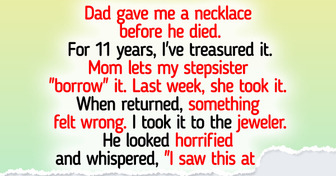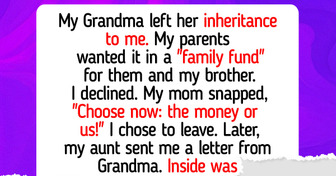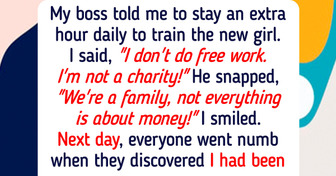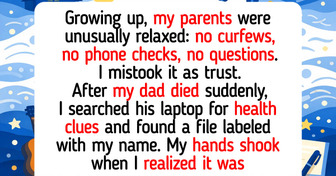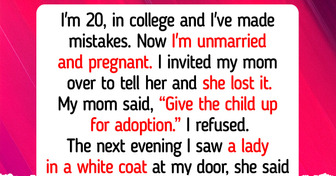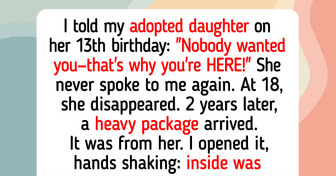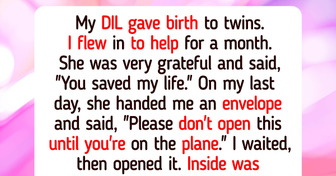15 People Who Won’t Ever Want to Say “Make Yourself at Home” to Their Guests

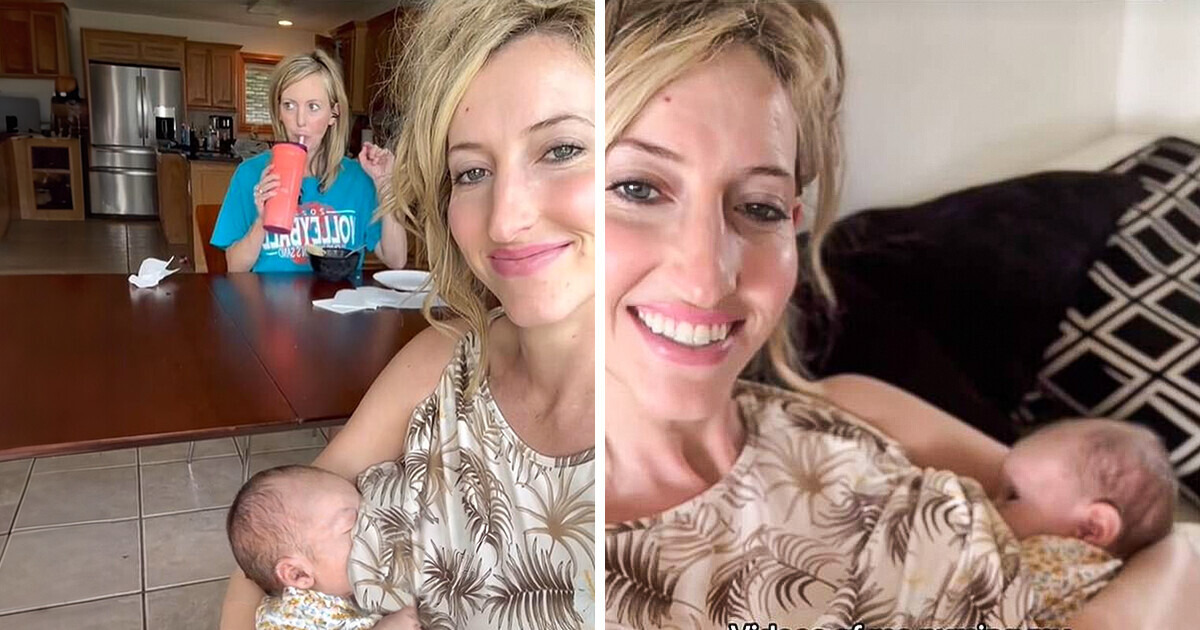
Breastfeeding has long been celebrated as a vital and natural act of nourishment and bonding between a mother and her child. However, in recent times, the concept of breastfeeding beyond one’s own kid has sparked heated debates and divided opinions. The latest controversy involves Emily Boazman, a mother of three, who has stirred both praise and criticism for breastfeeding her niece to provide her sister with much-needed help.
Emily Boazman’s story emerged on TikTok. In a series of candid videos, we can see her breastfeeding her sister Katelyn’s newborn daughter while Katelyn takes a break. This act of familial support and solidarity quickly garnered attention. Hundreds of women expressed admiration for Emily’s generosity and compassion. Many chimed in, sharing their own experiences of breastfeeding relatives’ babies during times of need, emphasizing the communal aspect of child-rearing.
However, not everyone applauded Emily’s gesture. Critics voiced their discomfort, labeling the act as “weird”. Some expressed concerns about boundaries and jealousy. At first, even both husbands were shocked by the situation. Emily believes their surprise was due to growing up differently than her and her sister, probably never seeing that level of closeness.
The opposing voices underscored the complexity of societal attitudes towards breastfeeding and the blurred lines between personal choice and cultural norms.
In a recent interview, Emily defended her actions, stating her intention to destigmatize the practice of breastfeeding other people’s babies. She highlighted the historical norm of wet nursing and emphasized the importance of reviving this tradition in modern times. For Emily, breastfeeding her niece symbolizes the age-old saying that “it takes a village” to raise a child, highlighting the mutuality of family and community support.
Katelyn, echoing her sister Emily’s feelings, expressed a firm confidence and gratitude towards Emily’s decision to breastfeed her daughter. As fellow stay-at-home moms and close sisters, Katelyn viewed Emily’s involvement in breastfeeding as not only natural but also deeply comforting. Reflecting on the challenges of postpartum exhaustion, Katelyn emphasized the invaluable relief and support that Emily’s assistance provided. In her eyes, having a trusted family member step in to feed and comfort her baby not only eased her burden but also reaffirmed the strength of their sisterly bond and shared commitment to nurturing their children’s well-being.
Emily’s decision to breastfeed her niece is rooted in a deeper context of familial love and necessity. Katelyn, Emily’s sister, faced challenges with breastfeeding due to health issues, including C. difficile infection, which compromised her ability to produce milk. Juggling the responsibilities of nursing her own son, Keen, who was 18 months old at the time, Emily selflessly extended her maternal care to her sister’s newborn. Using her own milk production and nurturing instincts, Emily seamlessly integrated breastfeeding sessions into her routine, whether it was during babysitting duties or while Katelyn was hospitalized.
The controversy surrounding Emily Boazman’s breastfeeding of her niece also raises broader questions about the accessibility of breastmilk and the support systems available to mothers. Organizations like the Australian Breastfeeding Association recognize the importance of breastmilk as the optimal source of nutrition for infants and advocate for solutions like donor milk when breastfeeding is not possible.
Emily Boazman’s choice to breastfeed her niece symbolizes the complexities and nuances of modern motherhood. While it may challenge conventional norms, her act underscores the enduring bonds of family and the willingness to extend oneself for the well-being of loved ones. As society continues to evolve, it is essential to approach such debates with empathy, understanding, and a recognition of the diverse ways in which families navigate the journey of parenthood.

